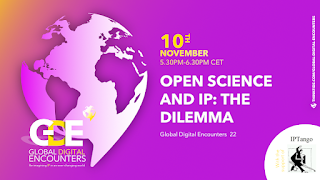
[GUEST POST] The Wiki Law Project: The use of open-source technologies in the dissemination of Intellectual Property and their benefits for teaching
The IPTango is pleased to host the following post by Hernán Núñez Rocha, lecturer at the University of Alcalá and a qualified lawyer in Spain and Ecuador.Hernan writes:The use of open-source technologies in the dissemination...






.jpg)



























